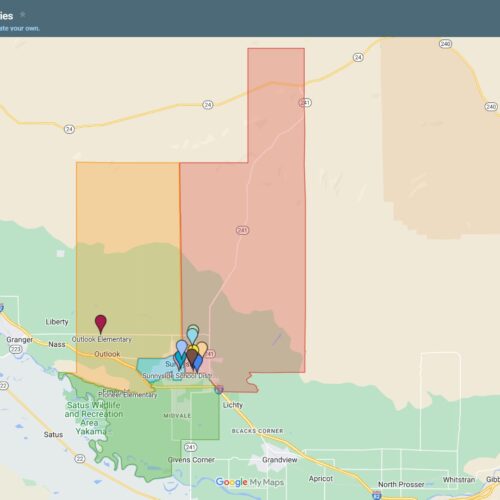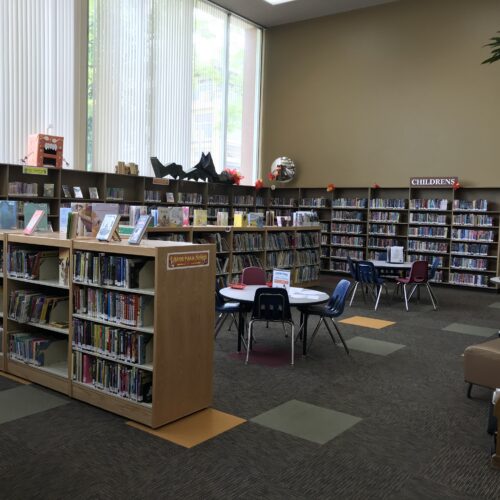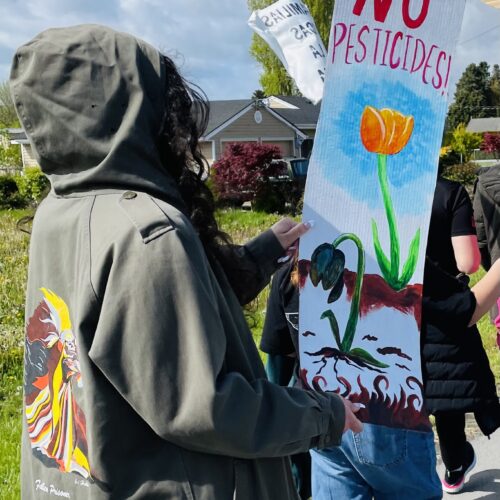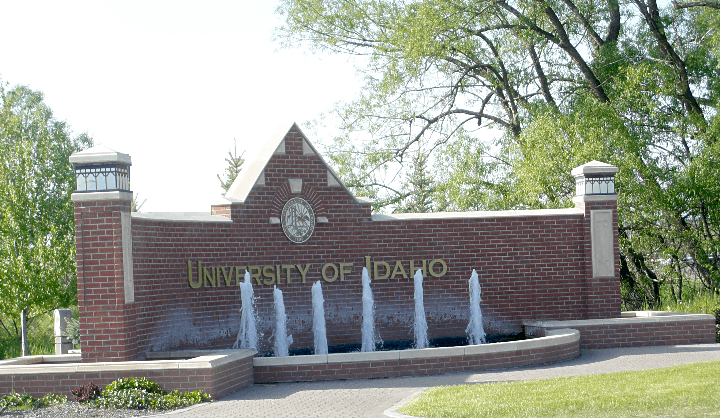
National Summit Hosted By Idaho University Leaders To Focus On COVID-Caused Student Struggles
BY KEVIN RICHERT / IdahoEdNews.org
The signs are evident in the academic research and the enrollment numbers.
And Boise State University President Marlene Tromp has heard it from her own teen-aged son. The coronavirus pandemic has left too many would-be students despondent and paralyzed and unable to continue their education.
“I don’t want this to be a lost generation of students,” Tromp said in an interview last week.
On Tuesday, Boise State will host a national digital summit for Project Launchpad — an effort to support students who are struggling during the pandemic.
The long-term goal is to build a national clearinghouse for research into student support and student well-being. Boise State is beginning to gather research, posting it on an open-source site on the university’s website. For instance, researchers from Temple University in Philadelphia have submitted studies on food insecurity and student well-being, while University of Idaho researchers have looked at social supports during the pandemic.
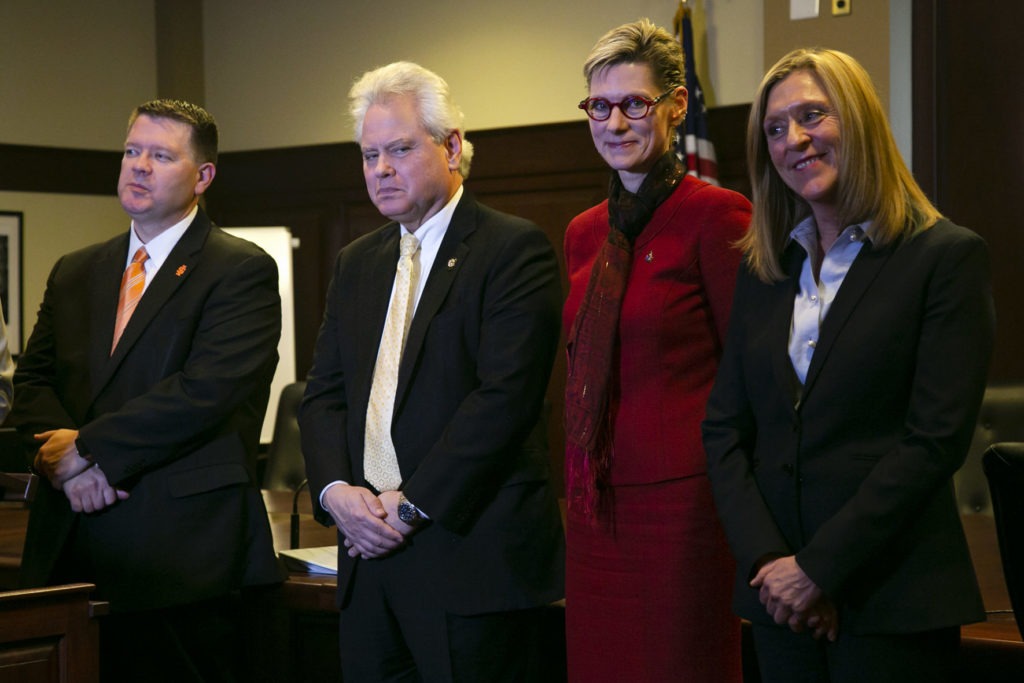
File photo. Idaho’s four college and university presidents in 2019 — Idaho State University President Kevin Satterlee, University of Idaho President C. Scott Green, Boise State University President Marlene Tromp and Lewis-Clark State College President Cynthia Pemberton. CREDIT: Sami Edge/Idaho Education News
Tuesday’s objective is to bring together a cross-section of college administrators to talk about the issue. The lineup is deliberately diverse: administrators from public universities such as the University of California-Berkeley and the University of Tennessee; Howard University in Washington, D.C., which has historically served a Black student population; and Amarillo College, a community college in the Texas panhandle. Tromp says she is wanting to create the “productive friction” that comes from a conversation involving people from a variety of backgrounds.
Regardless of their size — or the campus community they are designed to serve — colleges and universities are facing the same kind of challenges.
Young adults are battling with mental health issues stemming from the pandemic. That’s not a uniquely American crisis; Tromp says research points to similar problems in countries such as India and Australia.
In a recent guest opinion for Education Dive, Tromp cited some of the more troubling domestic research. The rate of suicidality for 18- to 24-year-olds is 2 ½ times greater than the rate for any other age group, according to the Centers for Disease Control. The nonprofit Mental Health America reported sharp increases in anxiety and depression screenings between January and June, and “more pronounced” impacts on young adults under age 25.
Tromp also is concerned with Boise State’s fall enrollment numbers. On-campus enrollment increased slightly, defying national forecasts of a huge dropoff. But first-year, in-state undergraduate enrollment dropped by 12 percent — a number Tromp called unacceptable.
But Tromp doesn’t have to look at the enrollment statistics to see the ways the pandemic is affecting young adults. She says her son has struggled to figure out his next move, such as landing a part-time job to prepare for college.
At first, Tromp assumed that the pandemic would hit working adults the hardest, and she scoffed when her son said the effects on young adults would be more profound. But as she did more research, she reconsidered.
“I had totally minimized what those young people are experiencing,” she said.
Originally posted on IdahoEdNews.org on November 30, 2020



